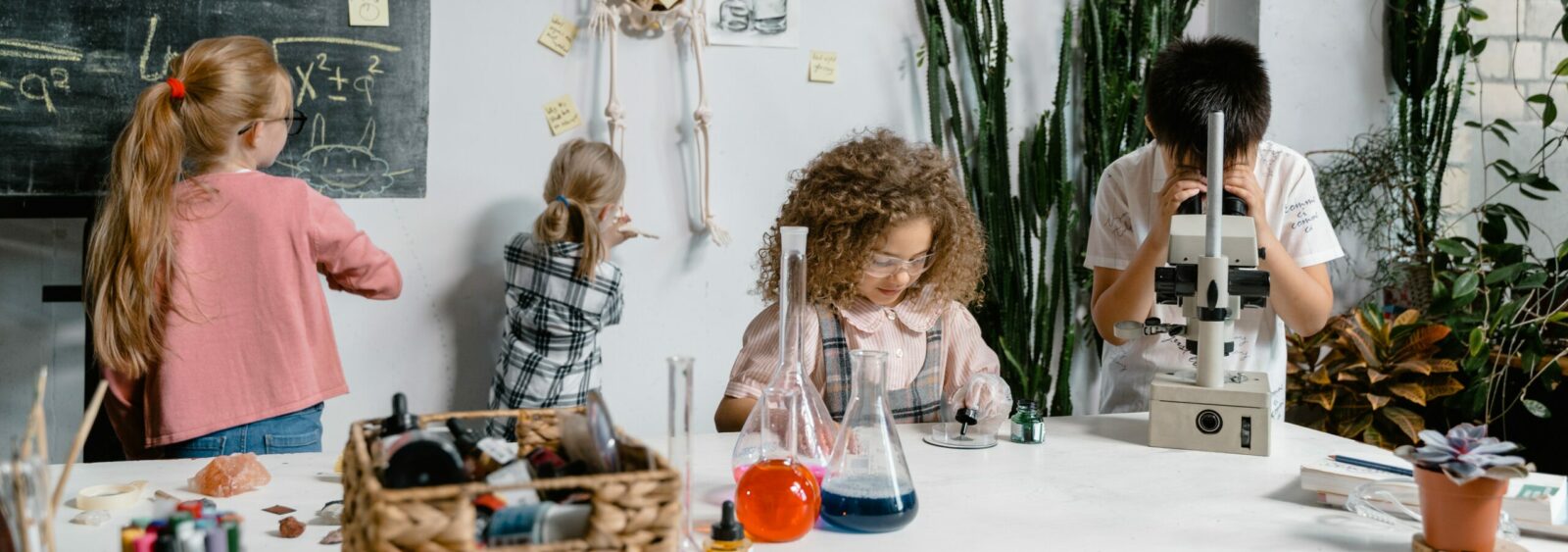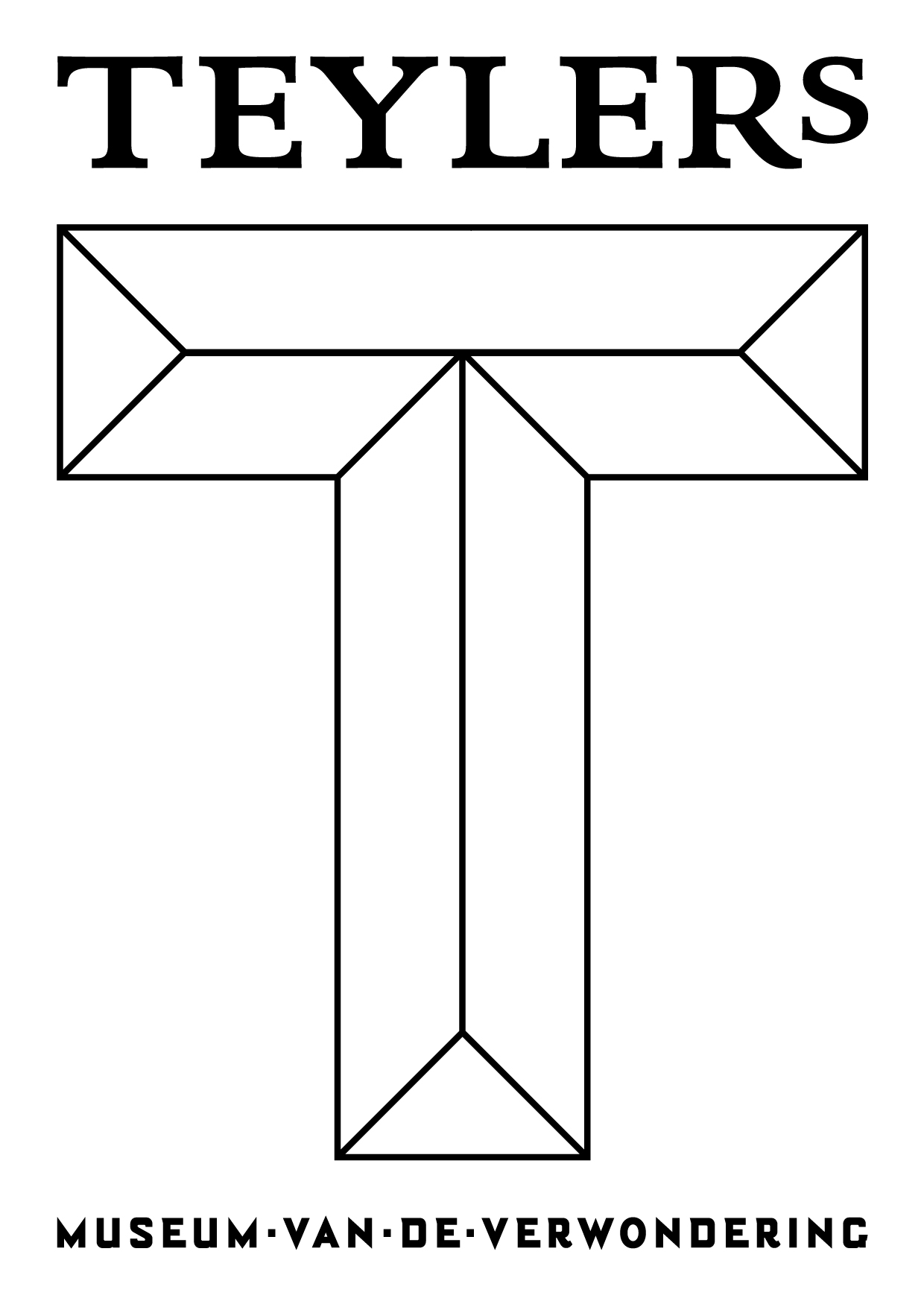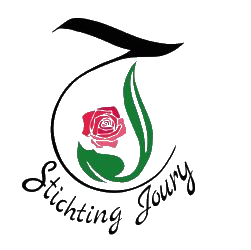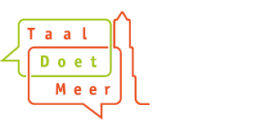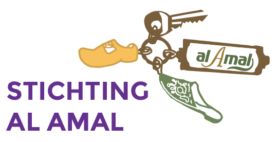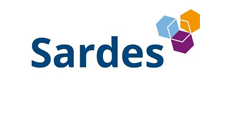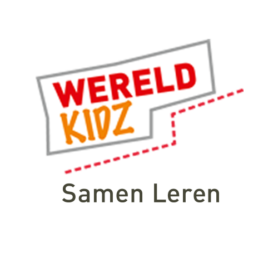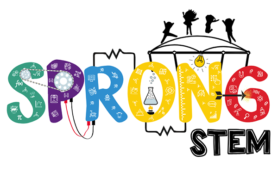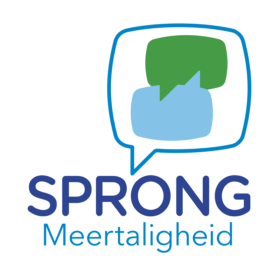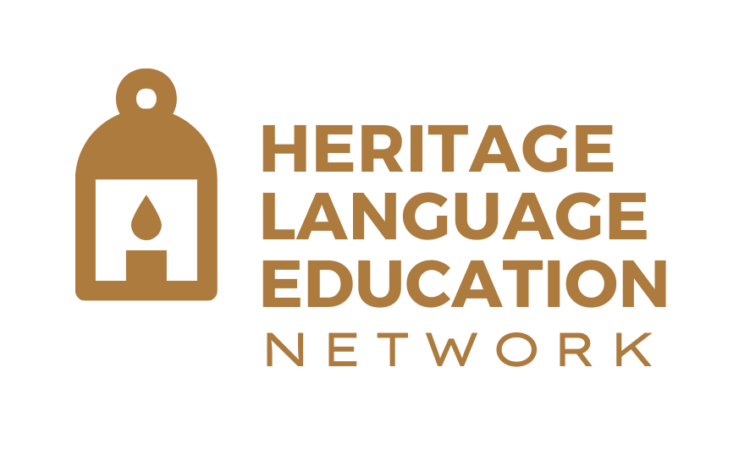A parent perspective: Research Practice Partnerships
At Multi-STEM, we’re engaging in RPP’s (Research Practice Partnerships) in three contexts (home, science museums, school) to bring research and practice together. Working in RPP’s means working together with parents, caregivers, museum employees, teachers, school directors, and curriculum advisors throughout the research process, as each of these individuals provide a valuable perspective on supporting the multilingual child(ren) in their life. In Project: Home, researcher Erin Gail MacDonald works with parents and caregivers of multilingual children to design multilingual mathematics activities for the home context.
Bringing so many parties together can lead to such a wide range of insights and possibilities—many brains are surely better than one! But it can also be challenging. Parents and caregivers of multilingual children are a treasure trove of knowledge: they are truly the experts on their children. They come with experiences, ideas, and struggles, as well as goals for their children. However, we’ve observed that parents and caregivers can be hesitant to take part in a RPP. Perhaps they can’t make time, or don’t feel comfortable. Perhaps they feel that they don’t have much to say, or that if they do speak up, their insights won’t be taken seriously.
We sat down with Vanessa*–a proud multilingual in her own right and the mother of three multilingual children—to ask about her experience as a participant in a RPP. Over the course of nine months, Vanessa worked with Erin Gail MacDonald designing math activities for the multilingual home context. They had “design meetings” at school every two weeks, sometimes to try out new activities and sometimes to discuss them. After each design meeting, Vanessa went home and did the activities with her child, and reported back to the researcher on the experience. We hope that her perspective will debunk some myths about participating in a RPP.
EGM: When you first decided to participate in a RPP, were you skeptical? What were some of your concerns, and what made you decide to move forward?
I was not skeptical when I decided to participate but rather more curious about what the study entailed. The study was introduced to me in Dutch which made it harder for me to grasp the context of it, but with time and with the change of language to English it got better. In the beginning, I chose to continue because I am a person who fulfills a commitment, but over time the study became interesting and fun.
EGM: When you look back, what do you feel that you were able to bring to this process? Why was your participation important?
It turned out that I had more to contribute to the process than I had thought. My way of understanding logic and, my ability to understand children and how children see things contributed to the development of the process. Honestly, many times I felt like I had no idea what I was talking about, but the researcher understood what I meant most of the time. We made some good and important progress together.
EGM: What (if anything) did you learn during the process? (about yourself, your child, math, research, etc.)
During the process, I realized that I’m better at math than I thought, I’m more logical than I thought, and I’m good at explaining things at a basic level. The moments I had with my son doing the different exercises together meant a lot and we both learned a lot about our ability to explain what the other would draw. We both became more patient, and I realized how important it is to have a language to fall back on. We mainly used our mother tongue when doing the exercises because that is the language we both speak best.
EGM: What would you say to other parents or caregivers who are doubting whether to participate in a RPP?
I would urge parents who are hesitant to give it a chance because there is a possibility that you will not only learn something about yourself but also something about your child(ren). As a multilingual parent, you can also learn to see language as an asset and not an obstacle and develop your ability to help your children with homework, which for me is an important reason for participating.
*Name has been changed.
-Erin Gail MacDonald | PhD researcher, subproject ‘Thuis’.
Currently, this blog is only available in English and Dutch. To read it in another language we recommend using the translation tool DeepL Translate: The world’s most accurate translator
